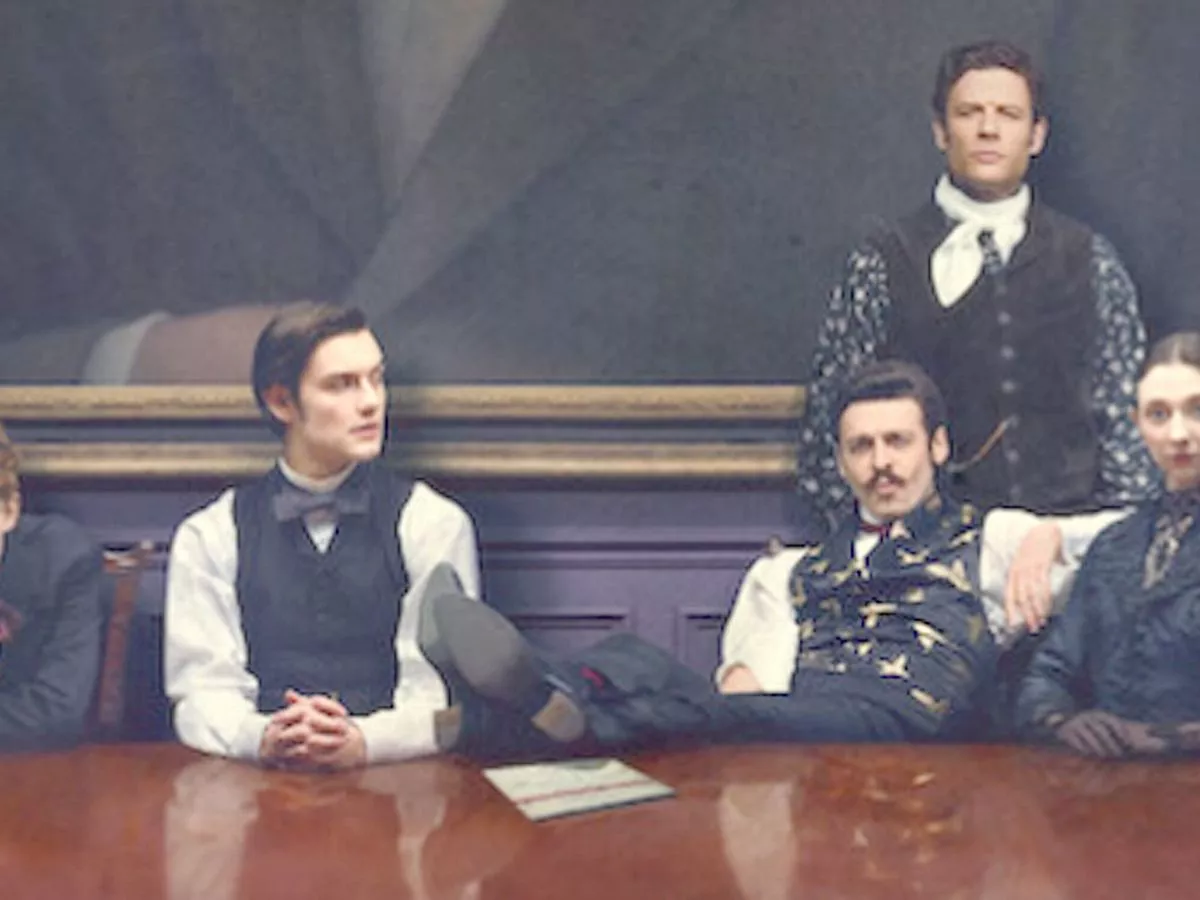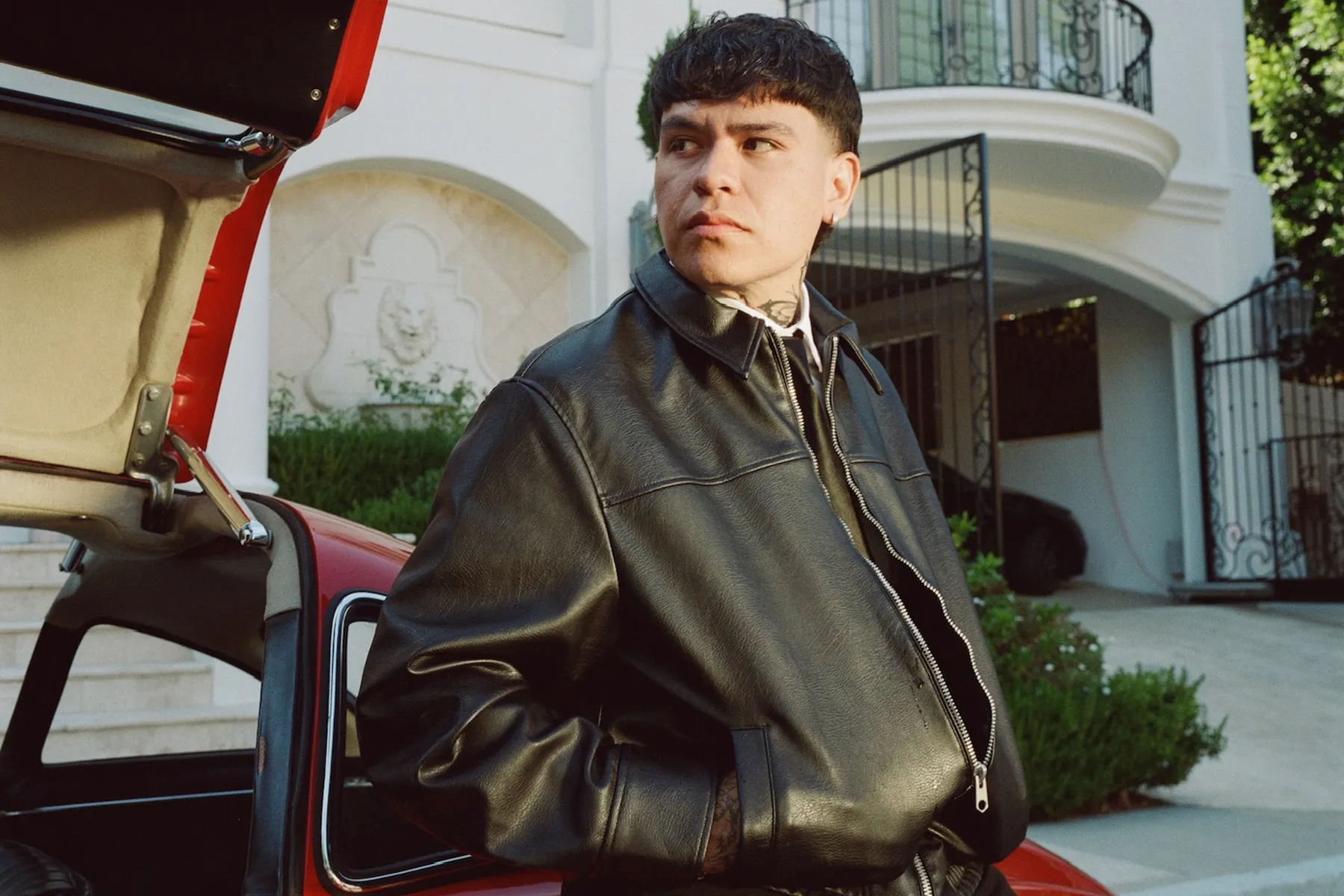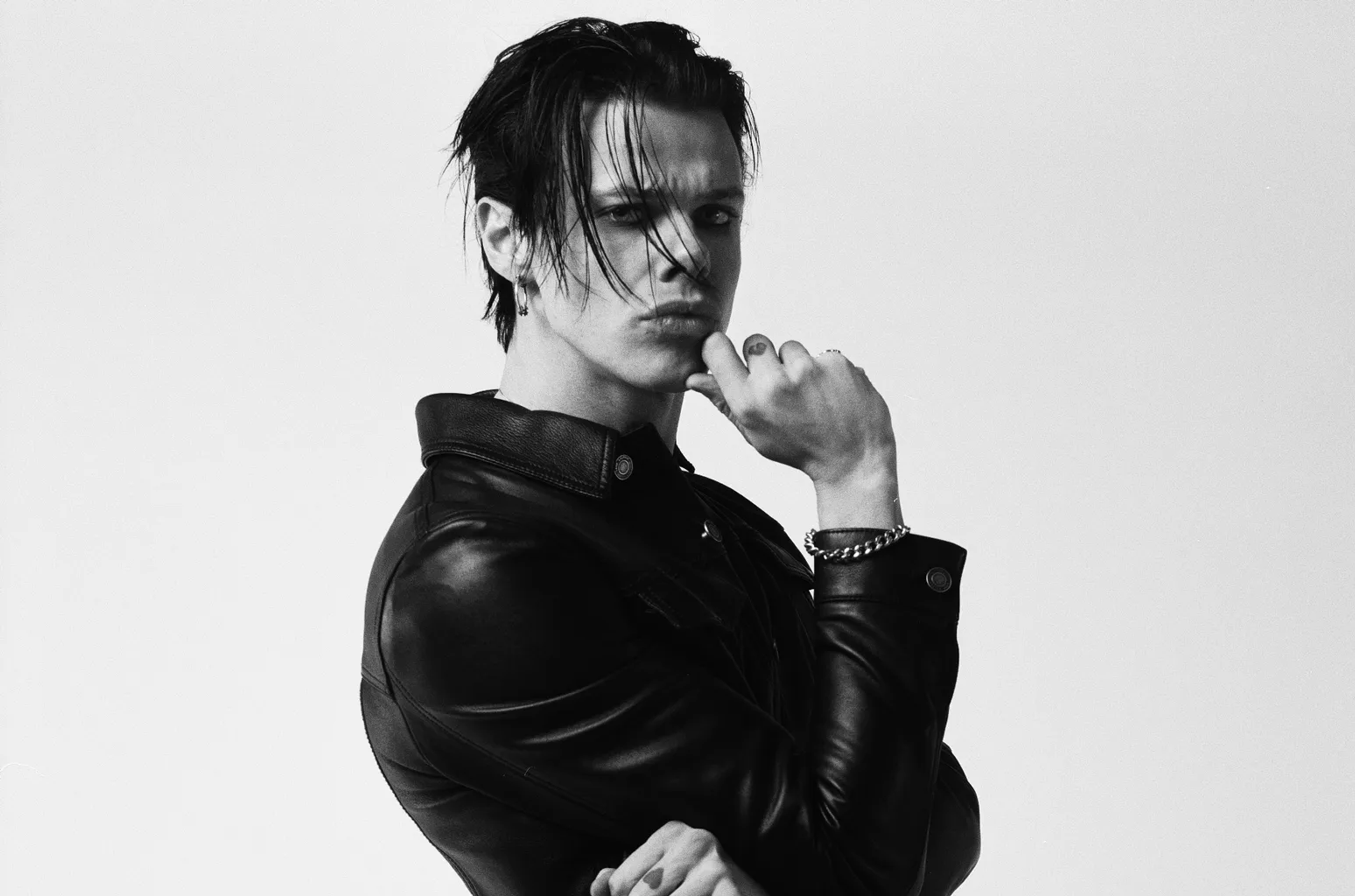By Neela Debnath
Copyright irishmirror

House of Guinness only debuted yesterday (September 25) on Netflix, featuring some impressive locations ; however, the eight-part series is already attracting fierce criticism over its historical accuracy . Direct Guinness descendant and author Molly Guinness hit out at the show, saying the writers “got it all wrong” and felt “righteous fury” while watching it. Commenting on the historical accuracy of her ancestors, she said the programme suggested Sir Benjamin Guinness had been cruel to his children, when he reality this couldn’t be further from the truth and he was a “loving father”. She went on to say how her great-great grandfather Edward (Louis Partridge) and his brother Arthur (played by Anthony Boyle) were depicted as “knaves and fools”. Moreover, she branded Arthur Guinness’ gay love storyline as “invented”, while Edward and Anne Plunket’s (Emily Fairn) respective romantic entanglements were “inappropriate”. The writer concluded in The Times: “All the characters come straight from a bingo card of modern clichés around rich people.” Guinness isn’t the only one to hit out at the show, Ed Power noted in The Irish Times how House of Guinness was a “wildly unfaithful retelling” of events. He went on to brand creator Steven Knight’s understanding of Ireland under colonialism as “rudimentary”, before likening James Norton’s foreman Sean Rafferty to a “steampunk Mr Tayto”. Another reviewer for The Independent, Katie Rosseinksy, commented on how House of Guinness was “exhausting, try-hard and far too dark” in a two-star review. Variety’s Aramide Tinubu had a more even-handed critique, describing the show as “lacking the sharpness” of Knight’s previous works. “Despite the stunning cinematography, punchy music and slick stylization [sic], by episode five, it becomes tedious and repetitive, droning on and on to extend itself into eight episodes,” Tinubu commented. However, there was a more positive reaction in other quarters with The Guardian’s Jack Seale giving the show five stars and declaring it to be a “career peak” for Knight. Seale said: “House of Guinness matures into a romp that you can hardly resist, especially when it makes such good use of its time and place.” The BBC’s Clare McHugh was also full of praise for the drama and compared it to a pint of stout: “Like the dark beer that for so long was synonymous with Irish pubs and older men, and yet now enjoys fresh popularity among the young, this Guinness story has an energy, and a soundtrack, that is anything but staid. Plenty of people will happily gulp it down.” The Telegraph’s Anita Singh have another glowing review and described Norton’s performance as Rafferty as “magnetic”, praised Knight’s now trademark stylisation, featuring “swagger, menace, a modern soundtrack, actors walking in slow motion while wearing stylish hats.” House of Guinness follows the four Guinness children Arthur, Edward (Louis Partridge), Anne and Benjamin Junior as they run the family business after the death of their father Benjamin Lee Guinness in 1868. At the start of each episode, there’s a disclaimer which reads: “This fiction is inspired by a true story.” Knight previously explained taking creative liberties in an interview with Netflix: “I would say there are two forms of reality in this. One is being faithful to the truth of the characters, and I think it is very true to the characters.” He added: “In terms of the events, the chronology is pretty spot on, I’m picking stepping stones of actual events to leap between and in the leaps between it are invention, and not just invention but speculation, maybe that happened, maybe that would have happened, so it’s a mixture, but I hope that if those characters were alive now they would recognise themselves.” House of Guinness is streaming on Netflix now



